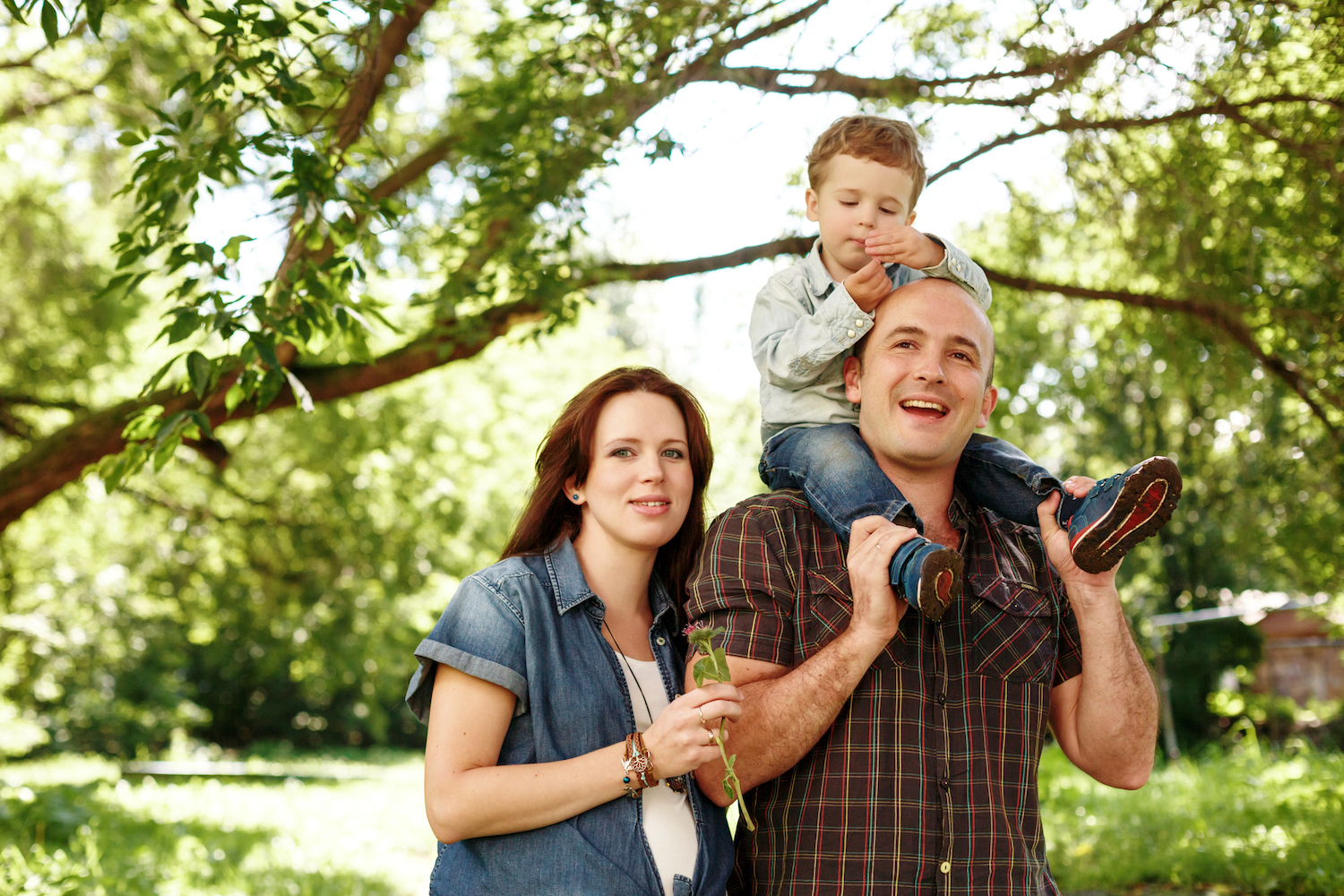by Susan Moore & Doreen Rosenthal
Welcoming a new baby into your family is an exciting time, but it can also bring up a mix of emotions for your firstborn. As the centre of your family’s universe, your preschooler is used to having all your attention. Now, with a newcomer on the scene, this dynamic will shift. The transition isn’t always easy for a young child, and they may need gentle support in managing feelings of jealousy and in understanding that sharing doesn’t mean they are loved any less.
Regressive behaviours like thumb-sucking, excessive clinginess, or acting out may emerge after the arrival of a sibling. These behaviours can be upsetting, especially when your child has previously hit developmental milestones. But keep in mind that these actions are often your child’s way of saying, “I still need your care and attention.” It’s important to stay patient and reassuring, as these regressive behaviours will gradually fade with time and your consistent support.
Practical Tips to Ease the Transition
Understanding the impact of a new sibling on your firstborn’s emotions and behaviour is key. Here are some practical tips to help ease the transition:
-
Talk About It Early: Start preparing your child for the arrival of the baby by talking about what it will be like to have a new sibling. Read stories about brothers and sisters, and explain in simple terms where babies come from. You can even let your child feel the baby’s kicks or have playful “conversations” with the unborn baby. These actions help create a connection between your toddler and the new baby, though the full impact won’t be realized until the baby actually arrives.
-
Reassure and Affirm Your Love: Reassure your firstborn that your love and attention won’t change after the baby comes. Avoid overloading them with talk about helping or sharing—too much of that can raise anxiety. Instead, focus on spending quality one-on-one time together before the baby is born. Depending on your child’s age, consider giving them a baby doll to play with or a special calendar to mark the countdown to the baby’s arrival.
-
Maintain Stability in Their Life: Major changes to your firstborn’s routine should be made well in advance of the baby’s birth. If your toddler hasn’t been weaned, it might be a good idea to start the process gradually before the baby arrives. Experts suggest weaning about six months before the second child’s birth to avoid overwhelming your child. Similarly, avoid introducing potty training right before or right after the baby’s birth, as this could add stress. If your child is ready, start training before the baby arrives, or wait until the baby is around six months old and your firstborn has settled into the new routine.
Acknowledging and Understanding Emotions
It’s completely normal for your toddler to have mixed emotions about their new sibling, and they may not always be positive. Some jealousy, anger, or even resentment may arise. It’s important to acknowledge these feelings without criticism. Let your child express how they feel—this opens the door for emotional growth, reduces guilt, and builds trust between you and your child.
Remember, an initial reaction of anger or jealousy doesn’t necessarily predict poor sibling relationships in the long term. Research shows that negative feelings early on don’t always result in ongoing sibling rivalry. Encouraging open communication helps your child navigate these complex emotions and fosters a deeper emotional bond with both you and their new sibling.
Making Your Firstborn Feel Important After the Baby’s Arrival
Your firstborn can be a valuable part of the baby’s life right from the start. Here’s how you can help them feel important:
-
Give Them Responsibilities: Encourage your child to help with simple tasks like fetching diapers, helping with bath time, or pushing the stroller. This helps them feel involved and important in the baby’s life.
-
Celebrate Independence: Encourage your child to become more independent by allowing them to dress and feed themselves. Start these habits well before the baby arrives so it doesn’t feel overwhelming when the new baby is born. This gives them a sense of growing up and responsibilities that the baby can’t manage yet.
-
Praise Their Achievements: Celebrate the milestones and responsibilities that come with being the older sibling. Praise your child for things they can do that the baby can’t yet—this helps them feel proud of their “big kid” status.
-
One-on-One Time: It’s essential to spend regular, quality time with your firstborn after the baby arrives. This can be simple—like a trip to the park, a favourite activity, or even just cuddling on the couch. These moments reinforce your connection and remind them that they are still loved and valued.
Remember to Take Care of Yourself, Too
It’s easy to get caught up in the whirlwind of caring for both a toddler and a newborn, but don’t forget about your own emotional and physical well-being. It’s important to stay balanced so you can support your child through this transition. Take small breaks when possible, ask for help from your partner, or delegate tasks. When you’re well-rested and emotionally centred, you’ll be in a better position to offer the love and patience your firstborn needs.
A Final Word of Encouragement
Parenting can be challenging, especially when welcoming a new baby and managing your firstborn’s emotions. But remember, this transition is just one phase in a lifelong sibling bond that will bring your children closer together. With patience, understanding, and small adjustments, you can help your firstborn adapt to their new role as a big sibling. You are doing a wonderful job, and with time, the challenges will give way to a harmonious, loving sibling relationship.
—
This article is an adapted excerpt from:
Moore, S. & Rosenthal, D. (2019). Second child: Everything you need to help you decide, plan for and enjoy a second child. NSW: Big Sky Publishing.
Want to know more? https://www.bigskypublishing.com.au/books/second-child/
Note: Emeritus Professor Susan Moore and Emeritus Professor Doreen Rosenthal are widely published developmental social psychologists whose major research interests encompass key transitions across life stages, including parenting, adolescence, grandparenting and retirement. They have co-authored ten books together, as well as dozens of refereed journal articles and book chapters.
You may also like to read:








